It has come to my attention that a Muslim activist in the U.S.A has criticised my comments on Critical Race Theory (CRT) that I presented in a recent lecture in Edmonton, Canada this year. He claims that my arguments that CRT reinforces the invented category of “race” and perpetuates racial consciousness and nationalism (a form of asabiyah, or ignorant sectarianism) are false.
The critic further claims that my comments show ignorance on the Theory and that CRT, developed primarily by the work of Derrick Bell, is helpful because CRT is a tool that helps the oppressed African-Americans in the U.S.A fight against racism and oppression. Indeed, the critic praises Derrick Bell directly and maintains the need for Muslims to study him.
Unfortunately, his criticisms and arguments are not just inaccurate but the individual he praises, Derrick Bell, teaches concepts that potentially seriously contradict with the Islamic perspective.
Since most people reading this will probably not have heard of CRT, or if so, not have read much into it, this topic, and the potential problems it can (and does) cause to Muslims, needs to be explained.
Now while I’ll overlook and forgive the critic’s claims alleging my ignorance on CRT (presumably simply because I disagree it), I’ll have to point out to the reader that he does misquote me and strawman my position – a lot. A strawman is when you invent or distort the position of your opponent into something you can easily refute, giving the impression to the reader that their opponent has foolish beliefs and showing themselves to have made successful refutations when in reality, they haven’t refuted or addressed what the person actually said at all. For example, the critic alleged that I said that “CRT…perpetrates racism”, whereas I actually said that its recognition of the invented category, “race”, “perpetuates” the discrimination of racial categories by giving it continuing recognition and approval (not “perpetrates racism”!).
Criticising CRT isn’t criticising “African-American thought”, any more than the Quran criticising the Qurayshi polytheists is criticising “Arab thought”. Nor is criticising CRT a negation of the very real and unspeakably horrific treatment African Americans have endured in the USA for hundreds of years. It’s like saying criticising Communism is like criticising all working class/poor people, or criticising Feminism, is hatred of women (which some Muslims who’ve erroneously adopted feminism have ridiculously argued). Just because a Muslim criticises some claimed “treatment” to a problem, doesn’t mean the problem doesn’t exist. In fact, the purpose of this is to propose the better treatment, the better medicine for oppression and injustice, and that is to transcend forming groups between people and infighting – but to refer to the solutions of He who made All mankind and is the true arbitrator.
In order to make this straightforward, I will present the claims of the critic and my response point by point in chapter headings.
Muslim Division, Confusion and the Post-Modernist/Neo-Marxist Movements of Gender and Race – why I will continue to comment on it
The reason I have mentioned CRT along with other types of Critical Theory and other types of activism (from the West), is because not only is it not based upon an Islamic lens, but it is potentially destructive to the Islamic interest of Muslim unity.
During the 1950s+, many Muslims struggling against the after-effects of colonialism and western political systems, were ignorant (or unwilling) to resume Islamic political thought, but instead turned to what they thought were the best approaches to reacting to the West: adopting anti-Capitalist critiques by Marxists, and anti-colonial critiques by post-colonialist critical theorists (like Edward Said’s Orientalism). Thankfully, Marxist Muslims have mostly “died out”, and were finally ended with the fall of the Soviet Union.
However, in recent years, Muslims (mainly in the West) have adopted the new post-modernist creeds of individualism, and their new political programmes within Critical Theory. Critical Theory is a tool for social change that advocates critique of societal thought to liberate the individual from what it calls “social domination” (especially through language and “ideology”. It is premised on the notion that there is no objective truth in society, only language and values created by power relations and designed to reinforce them. Critical Theory seeks to liberate “individuals” from social constraints and overarching ideologies that they view as stifling human freedom – and organised religion, including Islam, is something they considered fell into that category.
The adoption of Critical Theory, instead of helping Muslims against Western power structures, has caused Muslims to start to be divided even further by new forms of asabiyah (groupism/sectarianism) contained in the lenses of different types of Critical Theory. For example, one type being (third-wave) Feminism and Critical Gender Studies, a theory that argues that absolute equality is the measure of justice, and that literature and language has been designed to oppress women as a class and keep men on top. This has started to cause a lot of infighting amongst Muslims along gender lines, and even apostasy, as Muslims are taught to see Islam itself as unjust and through CGS, see it as a force that reinforces and maintains male supremacy over women.
Similarly, CRT reinforces “race consciousness” and even embraces it deliberately (which Derrick Bell calls ‘racial realism’, which he sees as a useful means to combat against “White race” supremacy). Such racial sectarian lenses have already begun to appear in intellectual discourse amongst Muslims and are starting to cause division and rancour amongst Muslims in like manner to Feminism.
For example, in a recent debate I did at Birmingham University, one of the panellists, a Somali Muslim sister, claimed that racism was a problem within Islam and, upon further discussion, resorted to arguments such as ‘North African Berbers were colonised by “White Arabs”’(?!), ignoring the fact that a large majority of Berbers are light skinned, some even with blue eyes.
In other examples, many Muslims of European descent who make uncontroversial points about Islam and call for Islamic revival in the Muslim world and the resumption of the Islamic way of life, are attacked for expressing “whiteness” or accused of thinking themselves as “white saviours” following a colonial tradition of their ancestors telling “brown people” what to do (myself being on the receiving end of this from an individual called Abu Layth because he presumably couldn’t find anything else better to say after I called out his anti-caliphate, pro-secular liberalism arguments as being contrary to mainstream Islam. The irony isn’t lost that Abu Layth called me a “colonialist”, despite the fact that he shares the same desire and ideology as Western colonialists, believing that there should be no Caliphate in the Muslim world and that the best system for Muslims is secular liberalism. Abu Layth’s calling me colonialist, was designed to distract his followers from the fact that Abu Layth’s teachings are actually the completion of the colonialist project for Muslim minds, while the call for the re-establishment of the Caliphate – which is a call for rolling back colonialism’s effects, is actually the only true anti-colonialist position Muslims could ever adopt.
Ironically, even the critic seemed mired in racial consciousness, saying on twitter “Why, non-Black Muslims, all the way from London, are concerned with “refuting” CRT?”, and one of the critic’s colleagues felt the need to specifically mention the ethnicity of both me and a colleague of mine, saying “what on earth, is the concern of critical race theory to a Bengali Muslim all the way from London…and a European Muslim from London”. Why is my European background relevant when talking about Islam? (and why do all these race-conscious critics seem to conveniently forget I’m also half North African? [as it clearly says on my About page]).
One of the reasons me, and many Muslims are commenting on CRT, is that CRT is not limited to the United States of America, but has appeared amongst some demagogues in the Muslim community in Australia (and to a lesser extent in the UK Muslim community).
Recently, it was discovered that some disgustingly unscrupulous backward people in Libya were detaining sub-Saharan on the excuse they were “illegal migrants” heading to Europe, and forced them into slave labour. This was interpreted by many “race-conscious” Muslims as anti-black sentiment in the Muslim world. The problem with this interpretation, like CRT, is that it looks at events only through one lens and is unlikely to allow the observer to understand the true problem.
In Lebanon, some disgustingly unscrupulous backward people use Syrian refugees as slave labour in plantations[i], and even sex slaves[ii]. Put simply, “race consciousness” is unable to explain the anarchic and exploitative milieu that the Muslim world has become after colonialism. With no higher principles to bind and unite society, the Muslim world is living in a state of “might makes right” and exploitation.
The Muslim world is currently divided by the colonial artificial concept of nationalism which states that the highest political loyalty a citizen should have, is to their nation and nation-state, over any concept of Ummah. Furthermore, since the collapse of Islamic principles as the paramount unifying force, many Muslims have completely succumbed to asabiyah (sectarianism) in tribe, ethnicity and even regionality.
The Muslim world (without Islam) is now best understood by an old Bedouin proverb: “Me against my brother; me and my brother against our cousin; me, my brother and my cousin against the stranger.”
If Muslims don’t study, rediscover and advocate political solutions from an Islamic lens, we’ll not only never be able to lift ourselves out from the hole the Muslim world is in, but young Muslims will adopt ideas that only confuse us, and divide us, further.
Critical Race Theory is from Western Ideology and the liberal philosophical tradition
In the critic’s first argument against my comments, he argues: “The characterization of critical race theory as being liberal or western is grotesquely inaccurate”.
Unfortunately, the attempt by the critic to distance CRT from being a product of western thought and part of the liberal philosophical tradition, in order to prevent Muslims from looking at it with ideological suspicion, betrays his own ignorance of its origins and perhaps his overlooking of Derrick Bell’s own stated beliefs and goals.
Critical Race Theory, emerged from a tradition developed by the Institute for Social Research, set up in the 1920’s Germany, called “The Frankfurt (philosophical) School” where thinkers in early 20th century Germany (which in case people forgot, is in the West), following theories developed by Hegel, Marx, Nietzsche and many other Western thinkers, came to a rough consensus that the Western enlightenment project to emancipate the individual and produce true human freedom was still incomplete. They argued that individual freedom, measured by equality, was not fully attained yet and that there were still hierarchies that had to be demolished. The key obstacle in preventing the full liberation of individuals was that individuals were imprisoned by ideas generated by a society designed to keep them from true freedom. They argued that most scholarly works produced within Western society only served to reinforce the power structure[iii].
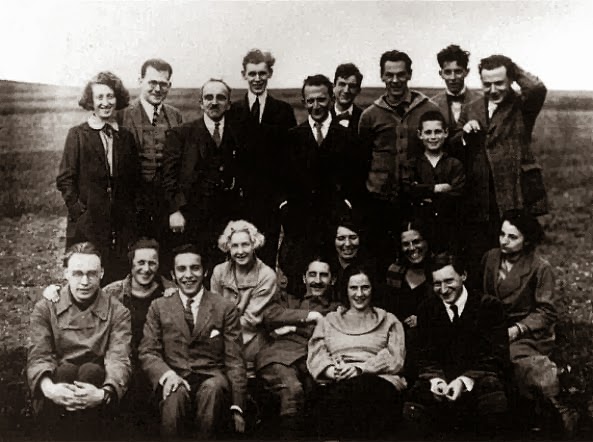
The remedy, in their view, was to produce a collection of theoretical tools and a movement called, “Critical Theory” whose aim according to Critical Theory and Frankfurt school director, Horkheimer, “has as its object human beings as producers of their own historical form of life”[iv]. This was the continuation of the Enlightenment project to make man the measure and arbiter of all things, including their own purpose and meaning.
As famous Critical Theorist, and professor of Education at the University of California, Los Angeles, Douglas Kelner explains:
‘Critical approaches in literature, art, music, dance, and the arts began emerging as a specific discipline in the 19th century throughout the Western world…Critical theory drew alike on Hegelian dialectics, Marxian theory, Nietzsche, Freud, Max Weber, and other trends of contemporary thought…Critical theory turned to a “politics of representation” during the 1960s and 1970s. This enterprise involved analysis of the ways that images, discourses, and narratives of a wide range of cultural forms from philosophy and the sciences to the advertising and entertainment of media culture were embedded in texts and reproduced social domination and subordination.
Critical theories were also developed within feminism, critical race theory, gay and lesbian theory, and other groupings associated with new political movements, making critical theory part of political struggle inside and outside the university. Feminists, for instance, demonstrated how gender bias infected disciplines from philosophy to literary study and was embedded in texts ranging from classics of the canon to the mundane artifacts of popular culture.
In similar ways, critical race theorists demonstrated how racial bias permeated cultural artifacts, while gay and lesbian theorists demonstrated sexual bias’.[v]
As the Encyclopedia Britannica states, the definition of Liberalism is: “political doctrine that takes protecting and enhancing the freedom of the individual to be the central problem of politics.…The problem, then, is to devise a system that gives government the power necessary to protect individual liberty”[vi]
The reason Critical Theory, and also its descendants are described as being part of the liberal tradition, is because they follow the same core creed – individualism. Critical Theory is merely the attempt to evolve the liberal tradition towards its next stage, a more completely egalitarian society where all values, cultures, morals, choices and characteristics (like sexual lifestyles and gender) are absolutely equal and identically treated.
As the Stanford Encyclopedia of Philosophy explains “Critical Theory…have emerged in connection with the many social movements that identify varied dimensions of the domination of human beings in modern societies. In both the broad and the narrow senses, however, critical theory provides the descriptive and normative bases for social inquiry aimed at decreasing domination and increasing freedom in all their forms”.
The purpose of the Frankfurt school was to attain the goal of the enlightenment, which was individual freedom and “liberation” (i.e. individualism), through developing new modes of thought against the previous methods that had failed in the West: “in the most general sense of progressive thought, the Enlightenment has always aimed at liberating men from fear and establishing their sovereignty. Yet the fully enlightened earth radiates disaster triumphant.”[vii]
As Critical Theorist, Jürgen Habermas said, “Modernity” is an “unfinished project”. Critical Theory isn’t a refutation of individualism; it is the attempt to complete it and evolute the liberal tradition towards the next evolution of itself.
Critical Theorists aim to see a complete egalitarianism, where individuals of different genders are treated identically, and sexual orientations, like LGBT movement discuss, are considered culturally and morally equal choices. Critical Theory in LGBT discourses is usually referred to as “Queer Theory”, and argues against current Western culture as being “hetero-normative” (considering different sex intercourse to unfairly be the norm and a privileged relationship choice).
The critic’s praised writer and developer of CRT, Derrick Bell, holds the exact same sentiments as the Western predecessors in Critical Theory:
“We emphasize our marginality and try to turn it toward advantageous perspective building and concrete advocacy on behalf of those oppressed by race and other interlocking factors of gender, economic class, and sexual orientation”[viii]
When the critic argues that Derrick Bell isn’t “Liberal”, he confuses the terms liberalism and Liberal (with a capital L). The type of liberalism that exists today (usually, called “Social liberalism”) was simply an evolution from the previous version of liberalism, called now “Classical liberalism” (or “libertarianism”, though they’re not completely the same).
Derrick Bell himself admits he isn’t against liberal ideology per se, only some modern liberal projects that he sees hasn’t properly attained the objectives of complete equality they promised. Liberalism is a movement based upon individualism, that aims towards egalitarianism, so the question isn’t whether this is a good aim in Bell’s view, only how to best achieve it.
As Derrick Bell said: “This is not to say that critical race theory adherents automatically or uniformly “trash” liberal ideology and method. Rather, they are highly suspicious of the liberal agenda, distrust its method, and want to retain what they see as a valuable strain of egalitarianism which may exist”[ix]
The critic argued, somewhat naively, that CRT can’t be liberal because “critical race theory has been highly critical of liberalism’s foundational founders …John Locke…Immanuel Kant”. The argument is flawed because liberalism doesn’t take every word of John Locke and Kant as its bible. Liberals clearly reject many things Locke said, and they have ceased to continue those policies. For example, does the fact that many american liberals are Atheists despite John Locke arguing in his “Letter on Toleration” that Atheist don’t have a religion and therefore should not be tolerated (because they couldn’t be trusted to honour their oaths) mean that atheists can’t be liberal? No, so arguing that Locke at one point was involved in the slavery of africans, in no way negates the fact that his main works and books were taken forward and his involvement in the slavery of africans in some of his business dealings were ignored and left to history. So this is a poor argument to claim CRT isn’t from the liberal tradition.
In conclusion, my criticism of CRT is not simply because it is “from the West”. Just being from a geographical location doesn’t make something good or bad per se, just like the skin colour of a person doesn’t make what they say true or not. Rather, CRT is described as “Western” because it emerges from a body of thought known as the Enlightenment project which arose in and is considered the civilisational product of the West, and carries with it at its core a particular worldview of human purpose and life (individualism) which is specific to the Western enlightenment project, and is the same DNA that runs through the differing branches of its moral and political philosophies (e.g. liberalism, communism etc).
The critic said in his comments to me “Muslims have been obligated to enjoin the good and forbid the evil…in order to achieve this, Muslims would benefit from the political insights of Derrick Bell”.
Yet Derrick Bell’s insights are: “We emphasize our marginality and try to turn it toward advantageous perspective building and concrete advocacy on behalf of those oppressed by race and other interlocking factors of gender, economic class, and sexual orientation”[x]. Advocacy that many unsuspecting Muslims will support, after having been recommended to read and then unwittingly adopt the premise of egalitarian individualism that forms the common underlying basis behind Derrick Bell’s writings and insights.
This is the problem that fundamentally afflicts Muslims across the board. We do not ask what insights Islam would shed upon modern problems, but instead run towards thinkers with completely different aqeedahs (creeds), which if we unwittingly adopted them because it helped do some good in one area, it would undo Islamic concepts in many other areas.
The Prophet Muhammed (SAAW) is reported to have said “Whoever brings something new into this matter of ours which is not already in it, that is rejected”.
(Bukhari)
The Prophet Muhammed (SAAW) related that Allah said “My servant approaches me with nothing more beloved to Me than what I have made obligatory upon him…and when I love him, I am his hearing with which he sees, his sight with which he sees, his hand with which he seizes, and his foot with which he walks”
(Hadith Qudsi, Bukhari, Hanbal and Bayhkqi et al)
“Surely, we have revealed the book to you with the truth that you may judge between people by means of that which Allah has taught you” (Quran 4:105)
To prevent this getting too long, I’ll end this first part of my response here.
Coming in the second part:
- CRT wasn’t responsible for the success of Civil Rights Campaigning against discriminatory laws. I’ll be responding to the claims of the critic, that without CRT how would African Americans ever have achieved victories against Jim Crow laws, black codes and Civil rights – where I’ll explain how CRT was developed much later than then civil rights movement, and even Derrick Bell criticises them because he saw their achievements as reinforcing racism, not abating it.
- Separating Observation from Theory. I’ll be showing how CRT is not connected to the recognition that ethnic sectarianism (“racism”) in America still continues despite equality under the law. CRT is a set of theories to explain observations, not the observations themselves. You can observe the continuation of “racism” in the USA without being a CRT theorist – and most people around the world would be able to clearly observe discrimination that occurs despite equal laws, not just against african americans in the USA, but also against Palestinians with Israeli citizenship in “Israel”.
- CRT’s category and definition of “Whiteness” is inaccurate and therefore unhelpful in analysing the world. Even CRT admits that “race” is a social construct not linked to any reality. I’ll explain why the reason that Muslims shouldn’t use it, is not just because it is an artificial concept, but that it goes outside the Quranic categories of diversifying mankind into tribe and nation (which Allah (SWT) instituted for recognition only, not loyalty or supremacy). “Race” introduces something that doesn’t exist in Islamic discourse.
- The Islamic approach to justice within the Muslim world and the being witnesses to justice in the Western world
[i] https://freedomfund.org/our-reports/%EF%BF%BCstruggling-survive-slavery-exploitation-syrian-refugees-lebanon/
[ii] https://www.theguardian.com/world/2016/apr/30/syrians-forced-sexual-slavery-lebanon
[iii] “There is a human activity that has society itself for its object. The aim of this
activity is not simply to eliminate one or another abuse, for it regards such abuses
as necessarily connected with the way in which the social structure is organized.
Although it itself emerges from the social structure, its purpose is not, either in its
conscious intention, or in its objective significance, the better functioning of any
element in the structure. On the contrary, it is suspicious of the very categories of
better, useful, appropriate, productive, and valuable, as these are understood in the
present order”, “Traditional and Critical Theory”, Horkheimer
https://pages.gseis.ucla.edu/faculty/kellner/essays/criticaltheorycrisisofsocialtheory.pdf
[iv] Dialectic of the Enlightenment, 1947, Horkheimer
[v] Critical Theory, Douglas Kelner
[vi] https://www.britannica.com/topic/liberalism
[vii] Dialectic of the Enlightenment, 1947, Horkheimer
[viii] “The Derrick Bell Reader.”
[ix] “The Derrick Bell Reader.”
[x] “The Derrick Bell Reader.”

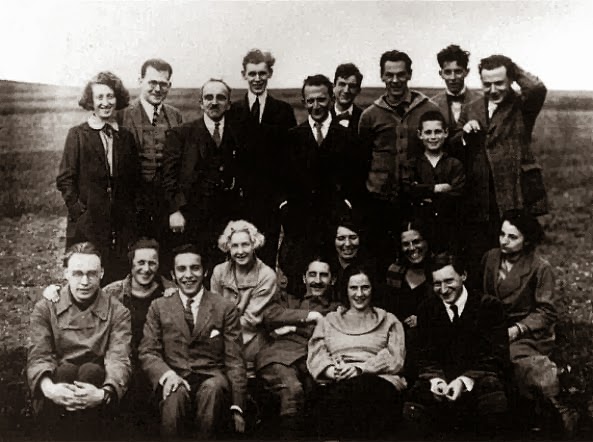

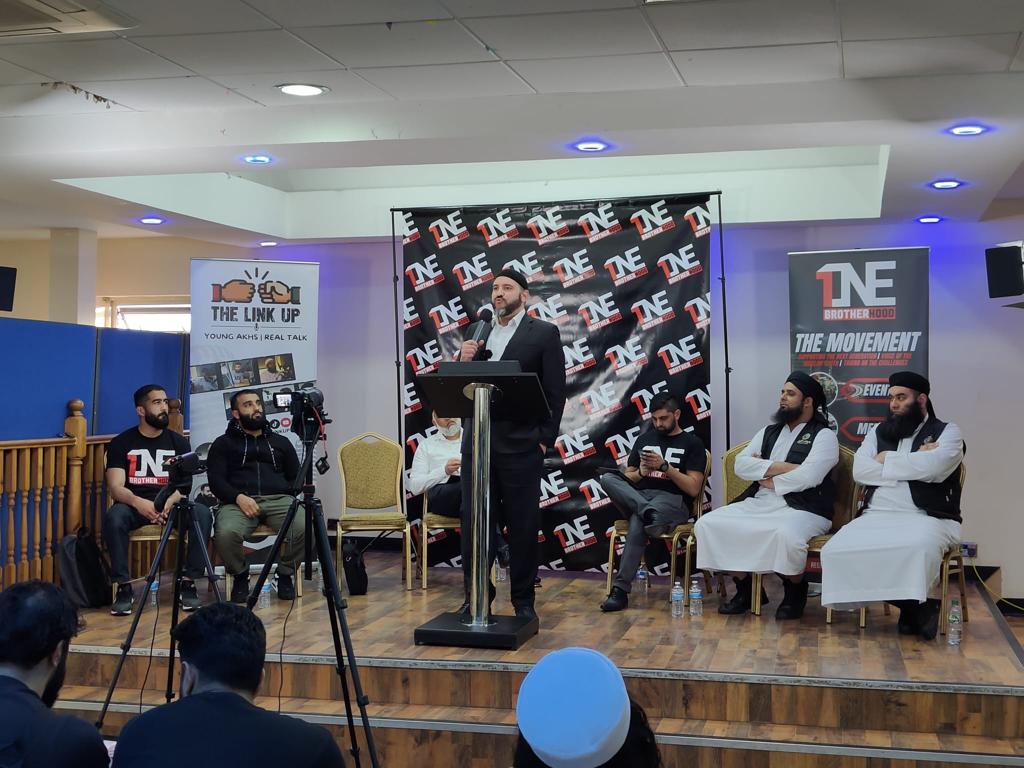
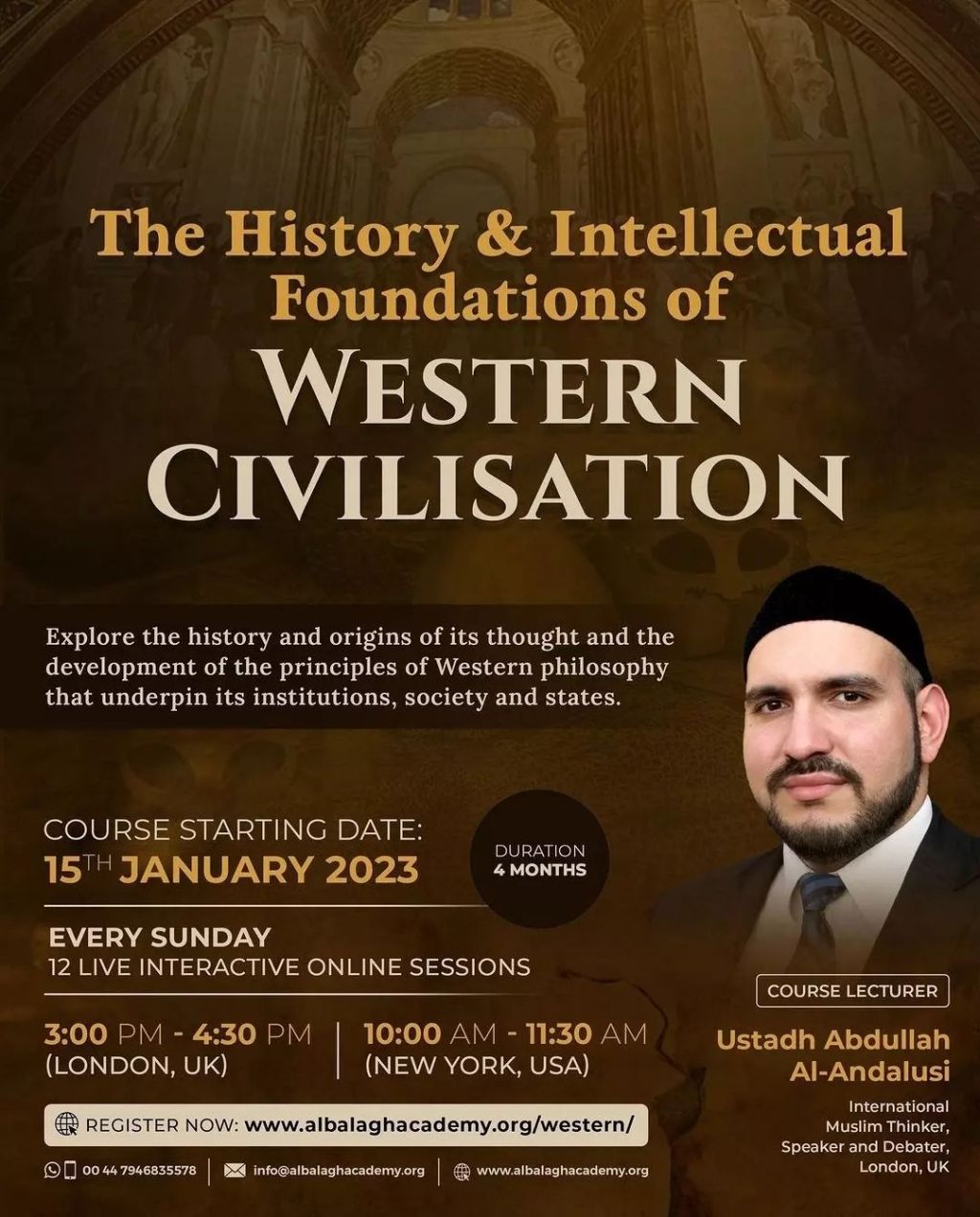
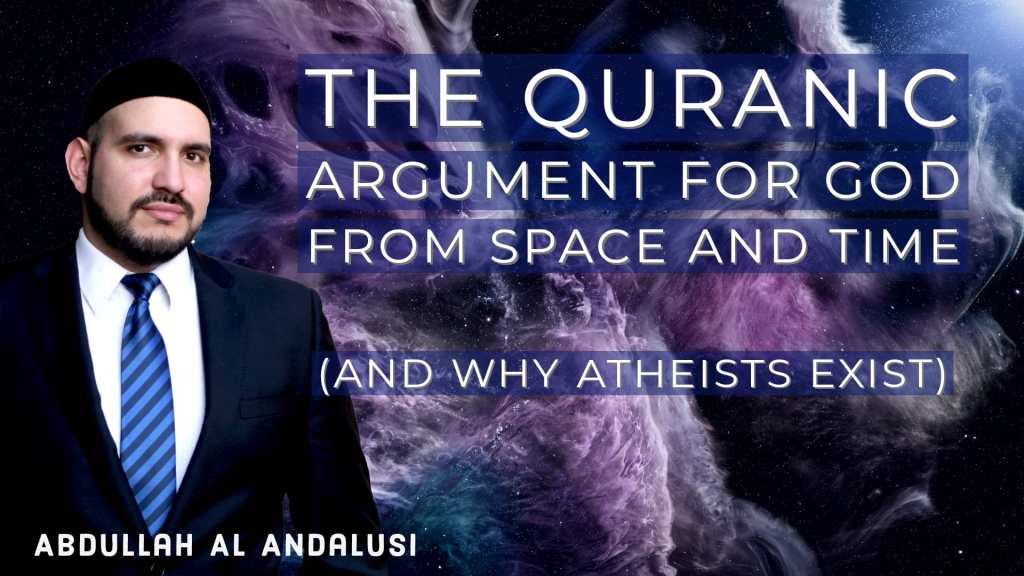
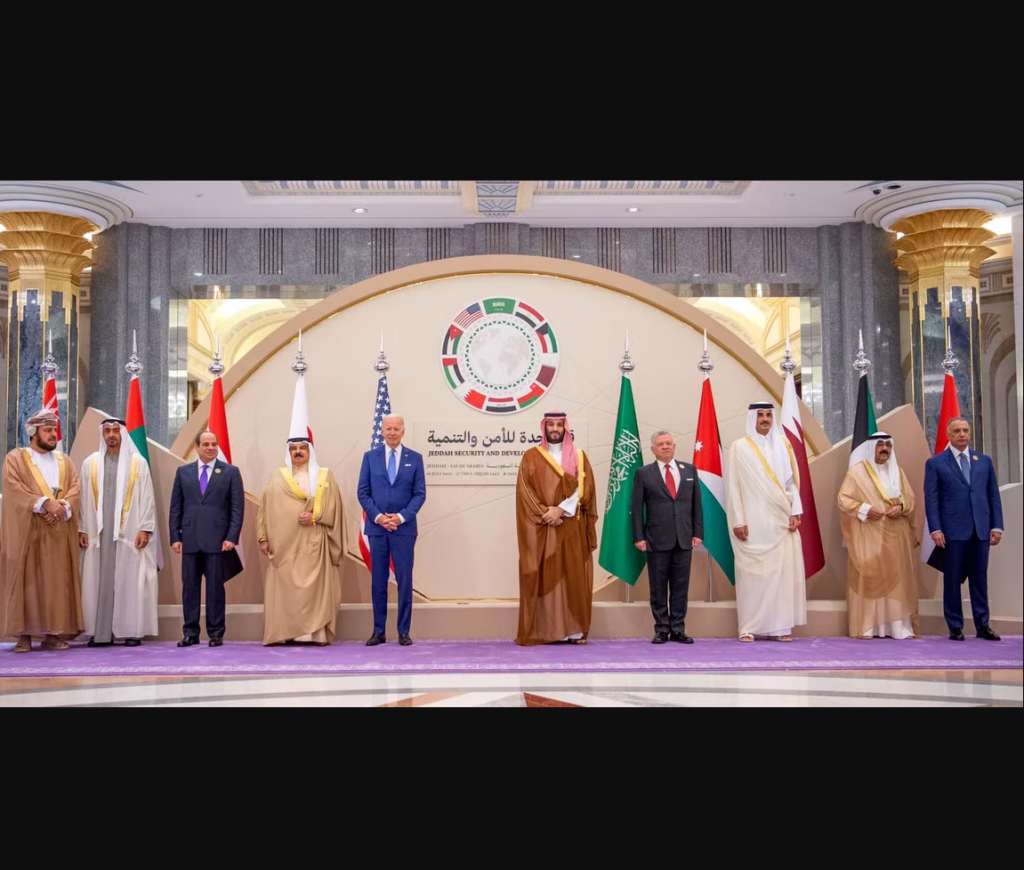
Leave a comment